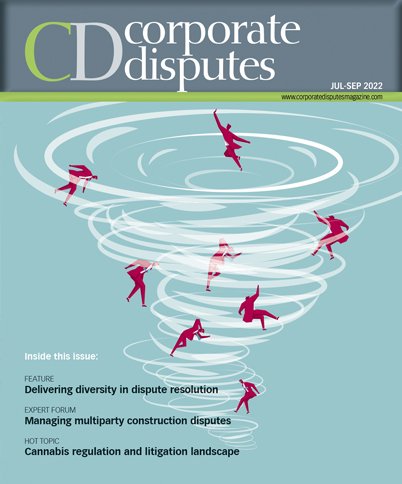EFFICIENCY IN INTERNATIONAL ARBITRATION: STREAMLINING PROCEEDINGS
Commercial parties quite rightly focus on ensuring that dispute resolution processes are as efficient and cost-effective as possible. There has been significant debate in the international arbitration community about how international arbitration can be more efficient and cost-effective for commercial users.
Our experience is that parties and counsel already have many of the tools necessary to create an efficient procedure. It is incumbent on counsel to ensure that clients are aware of the tools they have at their proposal and that those tools are used creatively and effectively.
One of the key advantages of arbitration is its inherent flexibility. In procedural matters, parties have considerable autonomy to agree on a procedure tailored to the specific dispute at hand. This freedom allows users of arbitration to depart from some of the typical features of litigation, such as by agreeing to hold hearings in private or to waive substantive rights of appeal.
What is often overlooked, however, is the parties’ ability to conduct the proceedings in a more efficient manner, saving time and costs by tailoring the process to the specific circumstances of the case. This article explores some of the ways in which arbitration can facilitate the swift and cost-effective resolution of commercial disputes, highlighting practical tips for parties looking to keep costs to a minimum.
Preliminary determination
In many cases, and particularly in complex disputes, certain claims may depend on a series of legal or factual premises. Establishing that each link in a chain of predicates is satisfied can be costly and time-consuming. This may entail extensive document production, fact witness evidence, expert evidence, detailed legal argument and cross-examination at a hearing. To shorten the process, tribunals may decide discrete issues at an early stage, thereby potentially disposing of part or all of a claim before substantial costs have been incurred.

